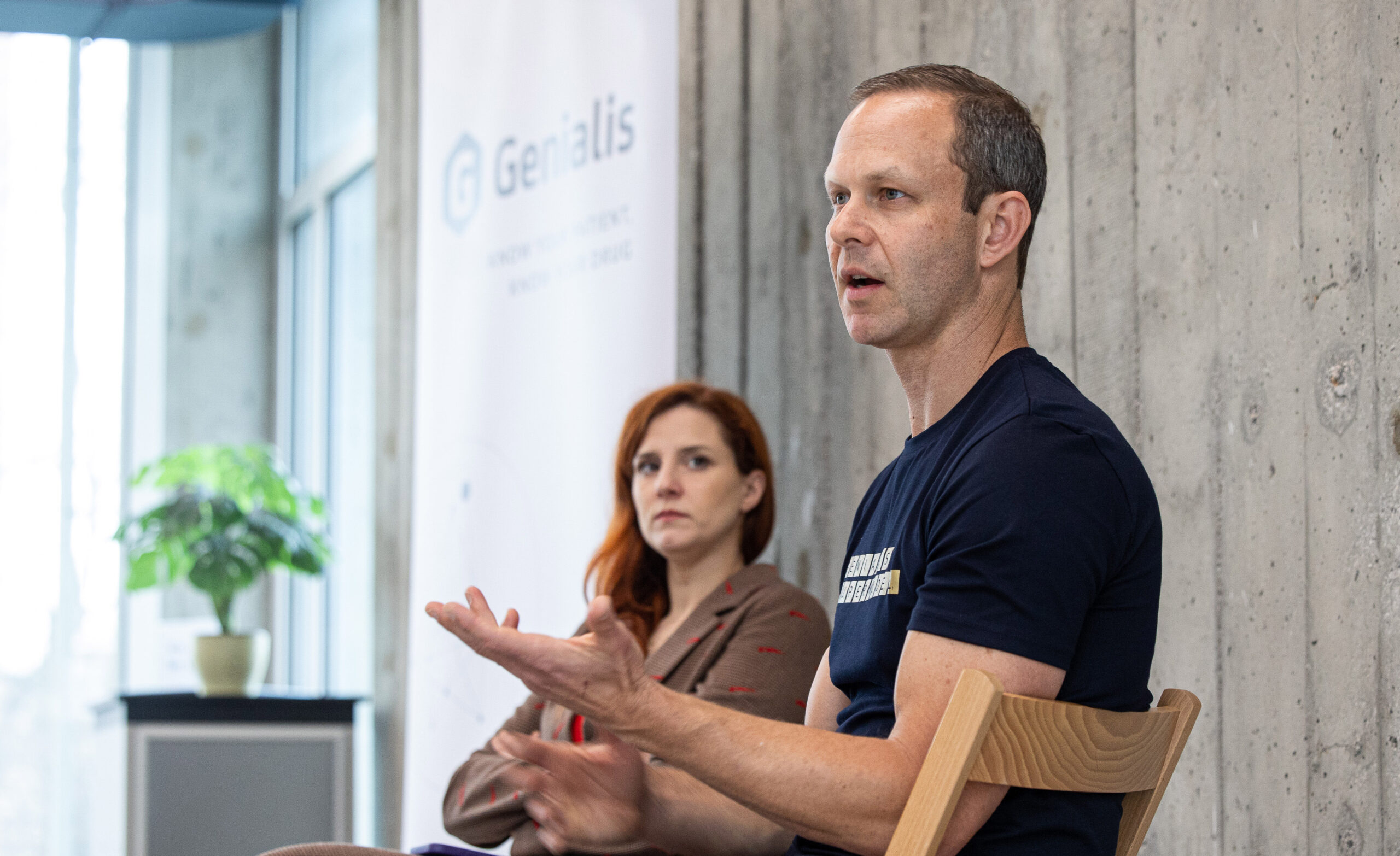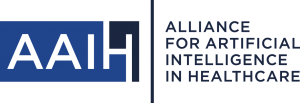“In cancer treatment, a simple yes or no isn’t enough. We need: yes, and this therapy may help too… or no, but here’s another approach that could work.”
That was one of the key takeaways from Dr. Rafael Rosengarten, CEO of Genialis, during a Fireside Chat held on March 27, 2025, in the Computer History Museum, Ljubljana, Slovenia. The event was co- hosted by the Slovenian Technology Forum, a network of high-tech companies with a strong global presence, committed to shaping the future of digital society.
Rafael Rosengarten was in Europe for the Genialis spring retreat and joined the conversation to share how artificial intelligence is changing the way we diagnose and treat cancer.
Moving beyond basic diagnostics
In a conversation moderated by Tjaša Zajc, he explained why today’s diagnostic tools often fall short. Many tests still rely on checking for a single DNA mutation, giving doctors very limited information. “We need more than a binary yes or no,” he said. “We need context.”
That’s where AI and RNA data come in. While DNA reveals potential, RNA shows cellular activity in real time – what genes are actually being expressed. By analyzing transcriptomic data from hundreds of thousands of tumor samples, machine learning models can predict how individual patients are likely to respond to specific therapies and help identify the right treatment.
Two major challenges: data and access
While the promise is huge, Rosengarten emphasized two key challenges ahead: getting access to diverse, high-quality patient data, and making sure healthcare systems are actually able to use the insights AI provides.
“Machine learning models are only as good as the data they’re trained on,” he said. That’s why Genialis collaborates with institutions worldwide to build one of the world’s most diverse and representative cancer datasets. By integrating RNA data from patients across North and South America, Europe, and Asia, Genialis aims to ensure that its models reflect the true biological and demographic variation seen in clinical practice.
But even the best models can fall short if doctors can’t use them. In the US, for example, reimbursement for advanced tests is a major hurdle. “We need to make sure doctors can access all the information they need to make the best decisions for every patient.”
AI’s role in the clinic
The talk also touched on regulation, funding, and the real-world barriers to using AI in the clinic. The real test for AI in oncology, Rosengarten said, isn’t technical performance — it’s whether the insights can make it to the clinic and inform real-world decisions.
Thanks again to the organizers and attendees for a thoughtful conversation.

